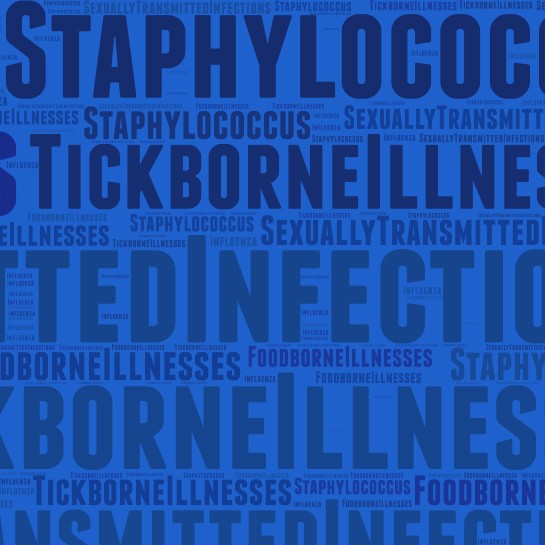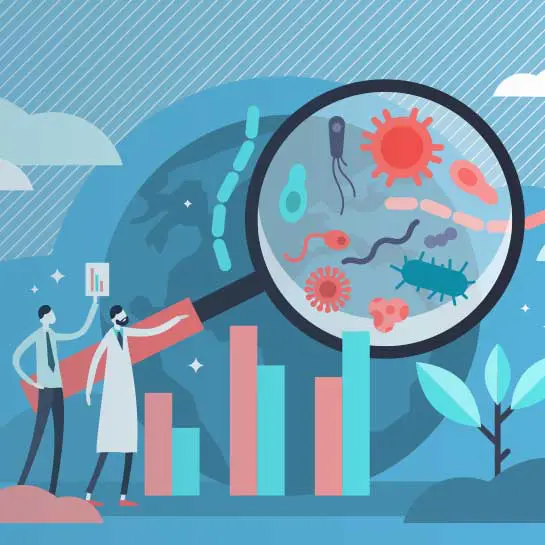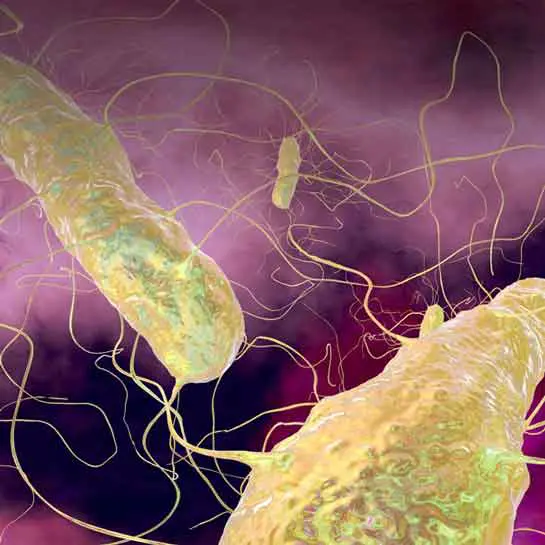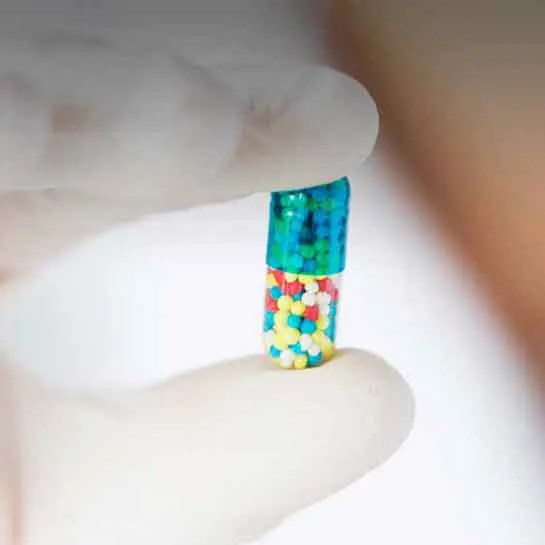Clostridium Difficile
Treatment
Clostridium Difficile Treatment
A type of bacterial infection called clostridium difficile, or C. diff, which affects the colon and intestines is on the rise in the United States. This bacterium can be found in soil, air, water, human and animal feces, and various food products including processed meats. It is most commonly passed from feces through spores onto surfaces or objects that humans touch. When someone does not wash their hands properly, the bacterium can be swallowed and cause an infection in the lining of your colon. At ID Care, we have the knowledge and expertise to recognize your symptoms, provide a diagnosis, and deliver C. diff treatments.
C. diff Symptoms
C. diff often results after prolonged use of antibiotics that destroy the natural antibodies that help fight off diseases and infections. Symptoms will usually start occurring between five and ten days after you start taking the antibiotic. Some of the common symptoms include:
- Watery diarrhea: For a mild case of diff, you may experience this at least three times a day over two or more days. More severe cases can cause diarrhea to occur up to 15 times a day.
- Abdominal cramping: This symptom is also dependent on the severity of your case. Mild cases may cause some tenderness, but the pain will be more intense if you have a severe infection.
- Dehydration: Losing fluids often through diarrhea can often lead patients to become dehydrated.
- Fever
- Nausea
- Loss of appetite
Diagnosis of C. diff
If you have been experiencing frequent diarrhea and have just started taking antibiotics, your doctor may suspect C. diff as the culprit. The doctor will take into account possible risk factors. For example, the elderly are more likely to contract the disease, as are women. If you have recently stayed in a healthcare facility where germs can spread easily, that is also another warning sign.
The primary diagnostic method for identifying C. diff is a stool test, which will check to see if toxins produced by the C. diff bacteria are present. In more rare cases, a doctor may require a colon examination to visibly confirm your symptoms. This will involve using a camera on a small, flexible tube that is inserted into your colon so inflammation can be detected. Visible confirmation may also be achieved through X-rays or CT scans, which produce images of your colon.
C. diff Treatment Options
Once the diagnosis is confirmed, the doctors at ID Care can administer C. diff treatment. While antibiotics often play a role in the onset of a C. diff infection, they are also the main method used to treat patients with the condition. These antibiotics will fight the infection inside your colon and help alleviate your symptoms. Your doctor will consult with you to determine the correct type of antibiotics to take, as well as how often they should be consumed.
Compassionate Care
The knowledgeable staff at ID Care is prepared to treat a wide variety of infectious diseases and is equipped with the technology to deliver comprehensive treatment. For more information, visit one of our nine locations in New Jersey, or contact us online.






